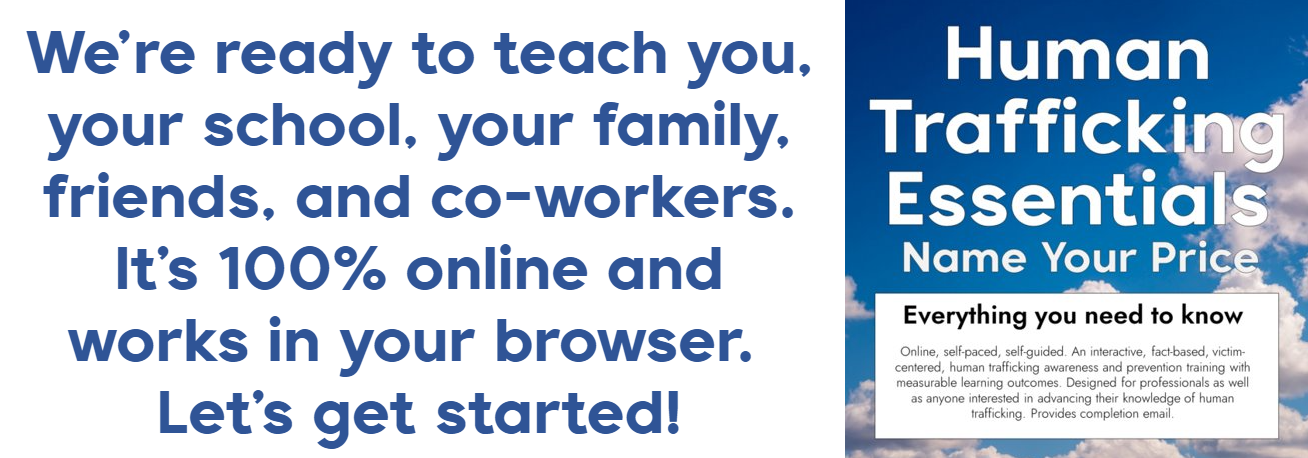Three Bali immigration officers arrested over Cambodia organ trafficking ring – VnExpress International

The move comes as authorities crack down on the suspected illegal organ trade ring, arresting 12 members last week- including a police officer and an immigration officer identified as AH – accused of smuggling 122 victims abroad.
The three Bali immigration officers are accused of working with AH, who allegedly took bribes to allow victims lured by the trafficking ring to easily pass through immigration checks to Cambodia for kidney surgeries.
“(They) will be brought to Jakarta this afternoon and will be under Jakarta police custody,” Jakarta police director for general crimes Hengki Haryadi told AFP.
At least 18 of the kidney donor victims left Bali for Cambodia between March and June, he said.
Authorities believe there are more victims and are looking for them to come forward.
Some of the members of the cell are former donors who became recruiters using Facebook and WhatsApp to lure and trade victims.
The organ trafficking ring has been operating since 2019, earning 24.4 billion rupiah (US$1.58 million) in total, Haryadi told reporters last week.
The traffickers received 200 million rupiah for each kidney, pocketing 65 million rupiah and giving the rest to the victims.
The organs were harvested at Preah Ket Mealea Hospital in the Cambodian capital of Phnom Penh, police said.
Organ trading is outlawed in Indonesia and the 10 syndicate members arrested last week face 15 years in prison and 600 million rupiah in fines if found guilty of violating the country's human trafficking law.
The police officer is accused of obstructing the investigation and receiving bribes to help the accused traffickers move locations. He faces five years in prison if found guilty.
Immigration officer AH is accused of abuse of power and faces up to 20 years in prison.
Cash-strapped Indonesians have previously been caught selling their kidneys online for as little as 50 million rupiah each, fuelling a dangerous and illegal trade in human body parts.
Much of the desperate trade is driven by poverty, family debt or outstanding bank loans.
Many of the 122 victims had lost their jobs during the Covid-19 pandemic and were exploited because of precarious financial situations, Haryadi said.
This “Eyes on Trafficking” story is reprinted from its original online location.
Fair Use Notice: The PBJ Learning Knowledge Vault is dedicated to advancing understanding of various social justice issues, including human trafficking and related topics. Some of the material presented on this website may contain copyrighted material, the use of which has not always been specifically authorized by the copyright owner. We are making such material available in our efforts to promote education and awareness of these important issues. There is no other central database we are aware of, so we put this together for both historical and research purposes. Articles are categorized and tagged for ease of use. We believe that this constitutes a ‘fair use' of any such copyrighted material as provided for in section 107 of the US Copyright Law. In accordance with Title 17 U.S.C. Section 107, the material on this site is distributed without profit to those who have expressed a prior interest in receiving the included information for research and educational purposes. For more information on fair use, please visit: “17 U.S. Code § 107 – Limitations on exclusive rights” on Cornell Law School's Legal Information Institute.
 ABOUT PBJ LEARNING
ABOUT PBJ LEARNING
PBJ Learning is a leading provider of online human trafficking training, focusing on awareness and prevention education. Their interactive Human Trafficking Essentials online course is used worldwide to educate professionals and individuals how to recognize human trafficking and how to respond to potential victims. Learn on any web browser (even your mobile phone) at any time.
More stories like this can be found in your PBJ Learning Knowledge Vault.
EYES ON TRAFFICKING
This “Eyes on Trafficking” story is reprinted from its original online location.
ABOUT PBJ LEARNING
PBJ Learning is a leading provider of online human trafficking training, focusing on awareness and prevention education. Their interactive Human Trafficking Essentials online course is used worldwide to educate professionals and individuals how to recognize human trafficking and how to respond to potential victims. Learn on any web browser (even your mobile phone) at any time.
More stories like this can be found in your PBJ Learning Knowledge Vault.

